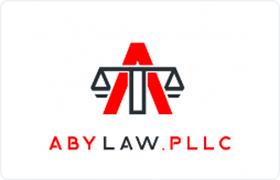Richland Criminal Lawyer, Mississippi
Sponsored Law Firm
-
 x
x

Click For More Info:
-
Abby Law, PLLC
403 B Towne Center Blvd Suite 102 Ridgeland, MS 39157» view mapCriminal Defense Law Get the Legal Support You Need
If you need an experienced litigation attorney, look no further than Aby Law, PLLC. We are a trusted general practice law firm in Ridgeland, MS.
800-953-2840
FREE CONSULTATION
CONTACTGill Baker
Criminal, DUI-DWI, Felony, Divorce & Family Law
FREE CONSULTATION
CONTACTMatt Allen
Litigation, White Collar Crime, Personal Injury, Federal Appellate Practice
Status: In Good Standing
Jovaunda Lavern Smith
Juvenile Law, Commercial Real Estate, Divorce & Family Law, Criminal
Status: In Good Standing Licensed: 25 Years
William Boyd Kirksey
Mass Torts, Government, Divorce & Family Law, Criminal, Accident & Injury
Status: In Good Standing Licensed: 49 Years
 Heather Aby Ridgeland, MS
Heather Aby Ridgeland, MS Practice AreasExpertise
Practice AreasExpertise
